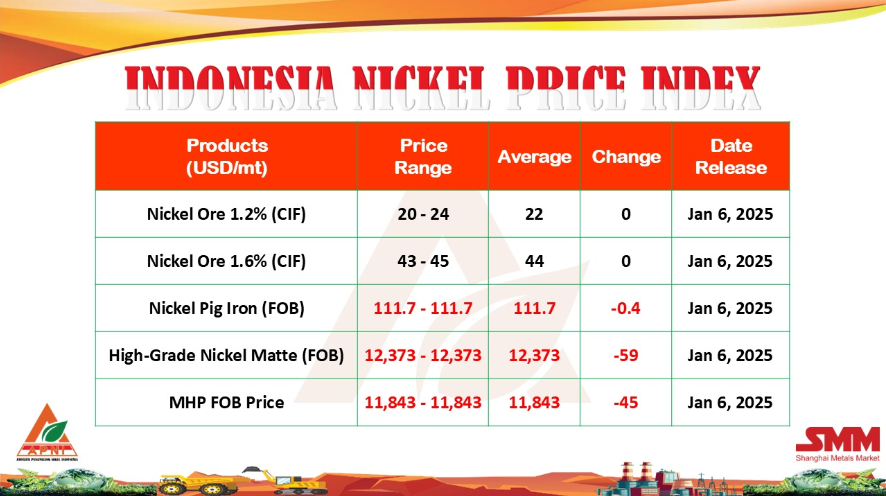[Ferro-Alloys.com] The recently established Transnet Rail Infrastructure Manager (TRIM) has opened applications for the first route slots to private train operating companies.
In a statement, TRIM Acting Chief Executive Moshe Motlohi said this is in line with the long-awaited Network Statement published in December last year.
The Network Statement, which includes a tariff structure that is decidedly more attractive to potential TOCs than the allowable-revenue pricing model outlined in the preliminary draft, provides the initial framework and pricing for the integration of third-party operators. The Network Statement will be updated yearly on April 1.
“A differentiated access tariff regime has been approved, with tariffs varying by commodity or corridors. It is a two-part tariff where one is based on train kilometers and the other on gross ton-kilometers,” Motlohi said. The application for the slots will close on February 7, 2024, followed by a 60-day adjudication period, after which preferred bidders will be announced.
Motlohi expressed confidence that credible bids will be forthcoming, highlighting that bidders must pay a nonrefundable fee of E125,000 to participate in the inaugural bidding process for route allocations that will endure for ten years and include a renewal option.
The CE did not stipulate a timeframe for the operation of the first TOC; however, he noted the novelty of the process that will involve a steep learning curve.
To achieve the 250-million-ton yearly volume target, E65 billion will be needed for maintenance and capital expenditure over the coming five years, for which Transnet itself has the resources to fund about half.
“We are going to need funding support from the government along the lines of the yearly fiscal transfers made to the South African National Roads Agency Limited if we are to have any chance of returning the network to a state where we can recover the rail-friendly cargo currently being transported by road,” he said, noting that infrastructure managers internationally tend to receive fiscal support.
These initial routes cater for a modest 2.4 million tons across five corridors, including, a weekly 104-wagon train carrying manganese on the Cape Corridor from Hotazel to Gqeberha; a weekly 348-wagon iron-ore train on the Ore Corridor from Sishen to Saldanha; two weekly 50-wagon container-train slots on the Central Corridor, from Capital Park to Kingsrest and from City Deep/Kaserne to Kingsrest; two weekly 80-wagon train slots for magnetite on the North-East Corridor, including one from Phalaborwa to Richards Bay and another from Phalaborwa to Maputo; and a weekly 50-wagon train carrying chrome on the North Corridor from Pendoring to Richards Bay.
The capacity allocation across the routes is based on an assessment of the state of the network, which has major maintenance and investment backlogs. The network’s current yearly capacity has, thus, been calculated to be only 180 million tons, well below the 209 million tons initially forecast and far from the 250-million-ton target set for 2030.
According to Engineering News, having grown up in the Eastern Cape town of Barkly East, where there was once a thriving and scenic branch line, Motlohi has worked most of his 22 years at Transnet within the port system, both at Transnet Port Terminals and Transnet National Ports Authority (TNPA).
He believes his arm’s-length relationship with the rail business will enable him to approach the opening of the rail network with “fresh eyes” and with less anxiety over the introduction of third-party operators.
The CE said that he plans to draw on the concessions experience he gained while at TNPA, where he worked on various initiatives to integrate private terminal operators at the Port of Durban and the Port of Richards Bay. “I am committed to the opening of the network to private operators and to collaboratively working with the various stakeholders, including the
National Logistics Crisis Committee,” he said.
The CE said his approach is informed by an acceptance that Transnet is unable to recover rail volumes alone and that national economic interests and freight customers’ need to take priority over the company’s commercial interests to achieve that goal. Engineering News reported that Motlohi is under no illusion about the size and complexity of the task ahead in a context where the network is in a poor condition and where both Transnet’s finances and the tariff model outlined in the Network Statement will be insufficient to cover the repairs needed, let alone any growth capital.
Invitation forThe 21st China Ferro-Alloys International Conference
- [Editor:tianyawei]



 Save
Save Print
Print Daily News
Daily News Research
Research Magazine
Magazine Company Database
Company Database Customized Database
Customized Database Conferences
Conferences Advertisement
Advertisement Trade
Trade














 Online inquiry
Online inquiry Contact
Contact

Tell Us What You Think